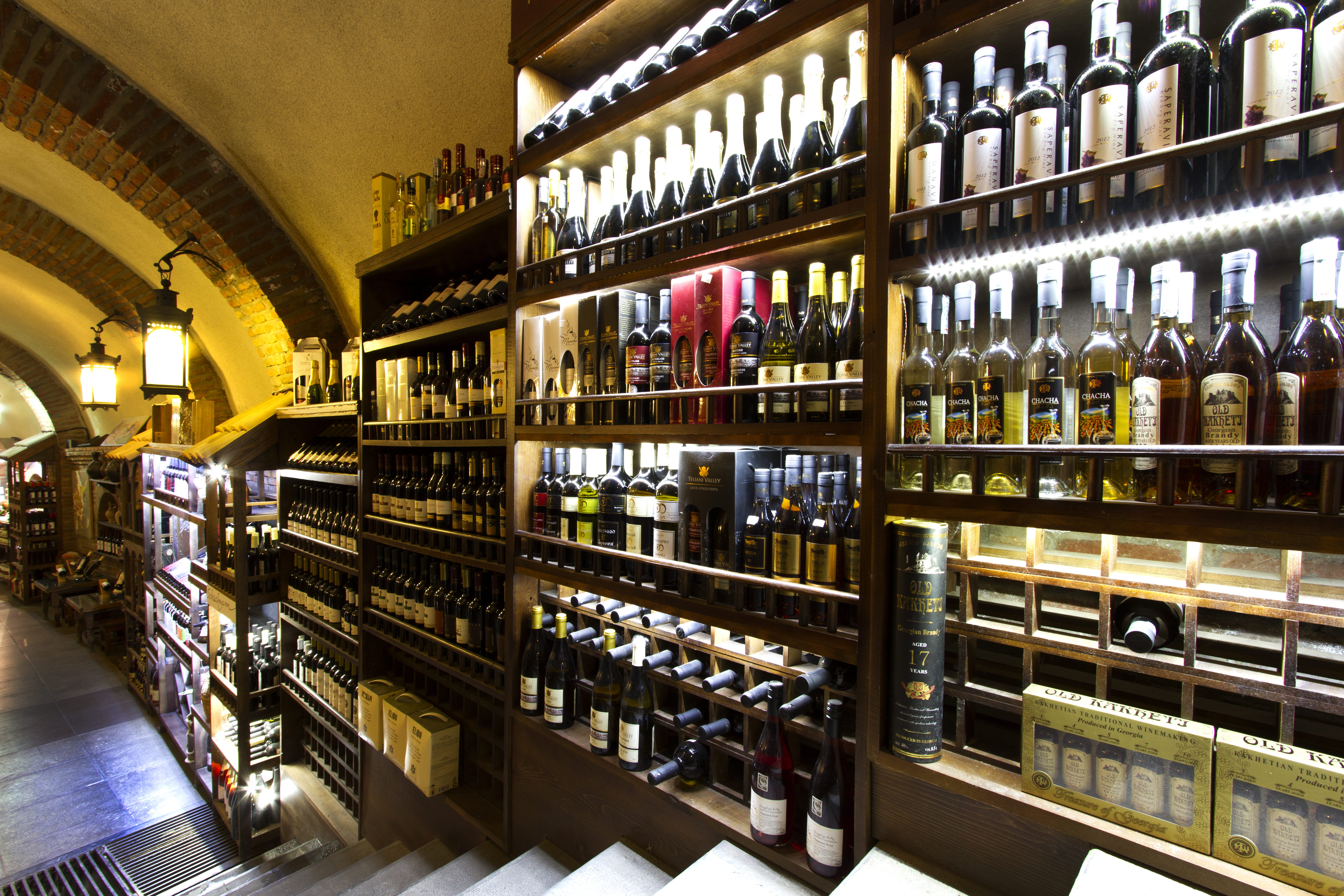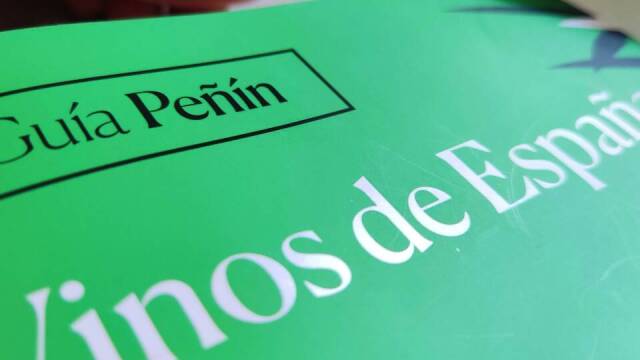There will be cases where this is the case, of course. But there are also many others where this is not the case. These conversations become latent when one has the opportunity to taste a Spanish wine with a professional of this profile, who sees problems that she would not notice with the same intensity if it were a wine of average quality from Piedmont or Burgundy. Do these wines not exist in these famous producing areas? Of course they do. However, the professional, blinded by the sound reputation of the wines from abroad, does not always see these deficiencies and is left with the subtleties of the name. We are talking about a professional who can fall into certain imbalances conditioned by his or her partial vision of wine. These figures tend to impose a single criterion on the consumer and may even argue with customers if they do not agree with their vision of wine.
There is a much more interesting figure of sommelier who is characterised by balance and moderation. These are professionals who, in their eagerness to get to know the world and its wines, have not taken part in the prejudices that abound on social networks. These people are usually guided by a calm temperament, not given to drama and the search for likes and followers to reaffirm their existence. They see themselves portrayed in their daily work and do not take on board any external message without first confirming it for themselves. Tasting with these people is always constructive and they generally look for the positive traits of all wines, regardless of style, price and place of origin. You rarely hear them pontificate about wine and dismiss it, as they understand and respect all the work that goes into the world of wine.
It also happens that these people are able to talk to all types of customers, they listen and do not try to impose their will. However, they are always on the alert and have their minds set on identifying the type of customer they have in front of them and the wine that will best satisfy them. Like the Hellenic rhapsodists, they are able to convey the full spectrum of wine culture, without lecturing the customer.
All in all, this is a good time for sommeliers, as the figure of the trained and proactive sommelier is here to stay, which will help us to consume wine with more sense and knowledge.
Nowadays, the success of a restaurant does not only depend on its work in the kitchen. Fortunately, wine professionals have been able to carve out a niche for themselves and highlight their work and importance within the restaurant. We have national figures whose work has given projection to wine in the dining rooms, people who with humility and effort are capable of seeing wine in all its globality and at the same time in all its detail. From time to time let yourself be carried away by the poetry of these rhapsodists of wine, it is more than likely that you will discover aromas and tastes hitherto ignored.

 Log in
Log in








